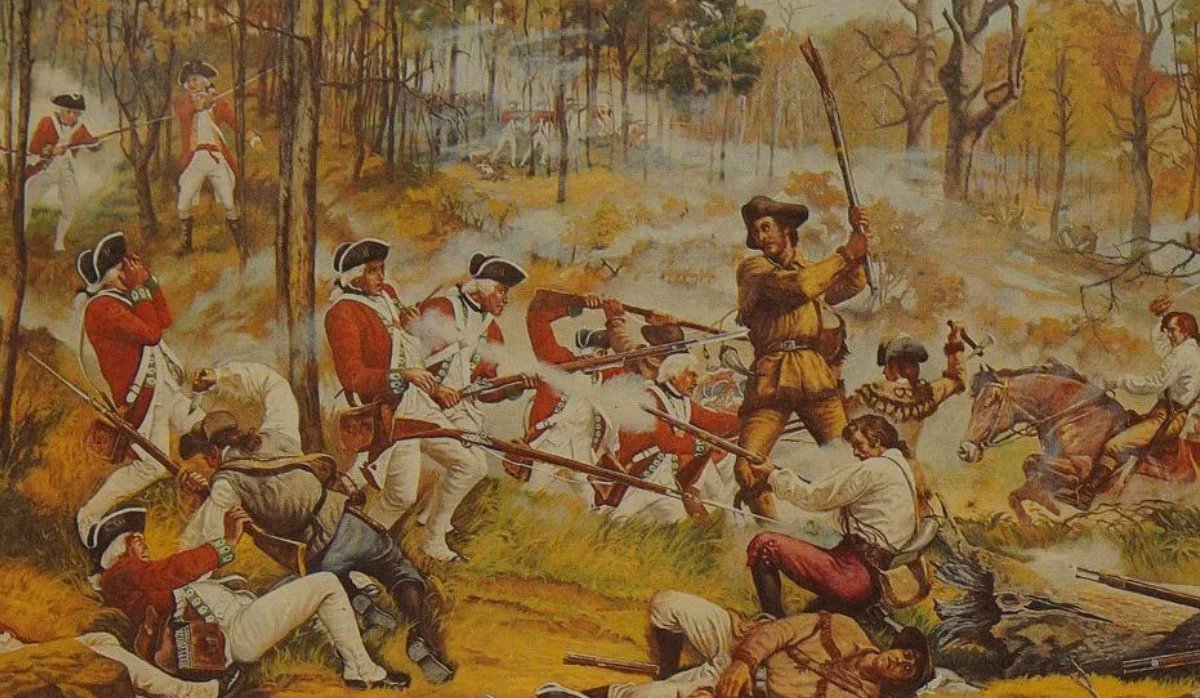How Backcountry Militias from the Carolinas Shaped America’s Independence
SOUTH CAROLINA — As Americans celebrated Independence Day this year, a resurfaced reminder on social media reignited historical reflections about the critical role of Southern militias — particularly from South Carolina and North Carolina — in securing the nation’s freedom.
A post shared by a historian highlighted how backcountry militias in the upcountry regions of the Carolinas were instrumental in defeating British forces during the American Revolutionary War, especially in pivotal battles like Kings Mountain and Cowpens.
Southern Militia: The Forgotten Backbone of Independence
During the late 18th century, much of the Revolutionary War’s southern theater was dominated by guerrilla-style tactics and local resistance fighters. Unlike the formal Continental Army led by George Washington, many victories in the Southern colonies came at the hands of part-time fighters, farmers, and hunters defending their homeland.
One of the most iconic battles, The Battle of Kings Mountain (1780), involved a fierce clash between loyalist and patriot militias, with Southern frontiersmen routing British loyalist forces in South Carolina. This battle is widely considered a turning point in the Southern campaign — and ultimately the war.
“Without the backcountry Southern militias, especially from South and North Carolina, the U.S. might never have gained its independence,” one historical commentator posted alongside a painting of the battle.
Legacy and Controversy
While the role of the Southern militias in defeating the British is widely acknowledged by historians, the post also stirred controversy by noting how the descendants of those patriots later suffered through internal conflicts — specifically referencing the Civil War and the South’s eventual defeat.
The post claimed that many of these descendants were later “murdered and dispossessed” during the Union’s march through the South, drawing attention to how Southern pride, legacy, and memory intersect with both the founding of the country and later internal strife.
The framing has sparked both patriotic pride and historical debate, particularly in South Carolina where Revolutionary War heritage remains central to many local communities’ identity.
Modern Reflections on Old Valor
For many in the Carolinas, Independence Day isn’t just about fireworks and barbecues — it’s a solemn reminder of the local bloodshed and bravery that played a defining role in shaping the United States.
From Cherokee County to York, Spartanburg, and Cowpens, historical markers and reenactments each year pay tribute to these grassroots warriors who outmaneuvered British regulars with homegrown knowledge, persistence, and passion.
Their stories remain embedded in South Carolina’s education system, museums, and even local folklore.
Why It Still Matters
In a time of increasing political division and shifting historical narratives, remembering the complex truths of American independence is essential.
The Southern militias’ legacy isn’t just a footnote — it’s a reminder that freedom was won on multiple fronts, and often by people who didn’t wear uniforms or receive medals. They were neighbors, farmers, and sons of the soil who made victory possible through sheer will.
What Do You Think?
Does your family have a history tied to South Carolina’s Revolutionary War battles?
Do you think the contributions of the Carolinas are under-recognized in national history?
Share your thoughts at saludastandard-sentinel.com — we honor stories that built America.







